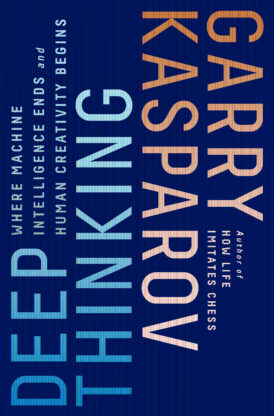Important piece by my friend Philip Bobbitt on executive privilege, and the risks of taking it too far if a president is “determined to put his political survival above the security of our country.
The courts might hold that Trump’s Ukraine conversations are privileged. It would be better if they sidestepped the issue.
xx
The public release of the note-takers’ account of President Trump’s July conversation with Ukrainian President Volodymyr Zelensky and the whistleblower’s complaint that was in part triggered by that conversation has defused — for now — a showdown between Congress and the executive branch over whether such conversations are protected by executive privilege.
But the clash is not necessarily over. Defenders of the president have claimed that the whistleblower account relies on hearsay; there will surely be demands by the president’s critics to subpoena the personnel who could confirm and deny the assertions of the whistleblower. The partial transcript of the president’s conversation and the complaint implicate Rudolph W. Giuliani, the president’s personal attorney, and various diplomats; doubtless there will be calls for their testimony.
What then? One resolution is for Congress to seek court enforcement of subpoenas for the relevant documents and the testimony of the various people who, according to the complaint, were witnesses to a months-long campaign to compel Ukrainian officials to provide damaging information on former vice president Joe Biden, his son and former secretary of state Hillary Clinton.
Trump would no doubt assert executive privilege in limiting the sources from which evidence may be compelled — the argument being that the president needs confidentiality to protect sensitive deliberations. On the merits, I suspect that the courts would endorse that understanding of executive privilege, at least when it comes to the testimony of government officials. Granted, as the Supreme Court has concluded in such cases as Nixon v. United States, this protection is a limited one: It covers only matters reasonably related to the exercise of the president’s constitutional powers; the president is not permitted to assert that his interests and the national interest are synonymous.
[How far-right conspiracy theories informed Trump’s Ukraine call]
Writing in Federalists 70 and 74, Alexander Hamilton made the case for “the exercise of power by a single hand” in the day-to-day conduct of national security. “That unity is conducive to energy will not be disputed. Decision, activity, secrecy, and despatch will generally characterize the proceedings of one man.” Executive privilege is at its apogee with respect to the president’s conduct of foreign affairs.
George Washington and his Cabinet concluded that the president had sole discretion on whether to release the negotiating record of the Jay Treaty to Congress. The principle has been reconfirmed many times, notably by Supreme Court Chief Justice John Marshall in Marbury v. Madison and United States v. Burr.
The rationale for executive privilege is both practical and structural. As a practical matter, in the absence of executive privilege, the ever-present fear of exposure will shape executive deliberations, limiting frank debate and inevitably narrowing the group of people advising the president to those who agree with official policy. The flexibility, feints, threats and inducements that characterize negotiations with foreign powers will be correspondingly limited. In their exchanges with the American president, foreign leaders themselves would be more guarded; they would avoid topics and opinions their domestic opponents could exploit.
As a structural matter, the executive is entitled to the privacy of its internal debates for the same reasons that we do not expose the deliberations of Supreme Court justices with one another and their clerks, or members of Congress among themselves and their committee staffs. We want our representatives and jurists to try on a range of arguments and positions before making decisions. If governing is the art of getting the people from where they are to where they need to be, limiting deliberations to the momentarily acceptable is a recipe for stagnation.


